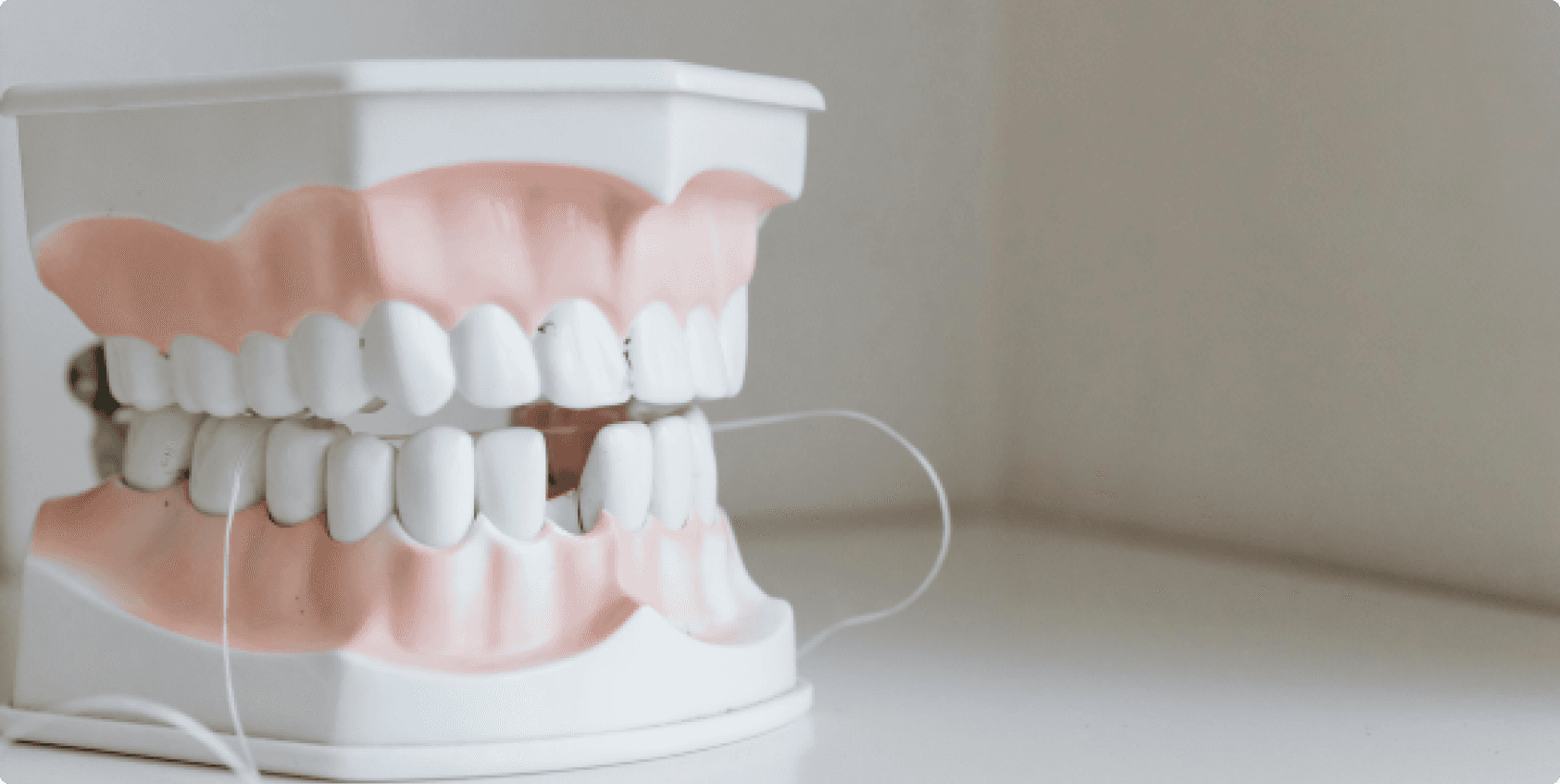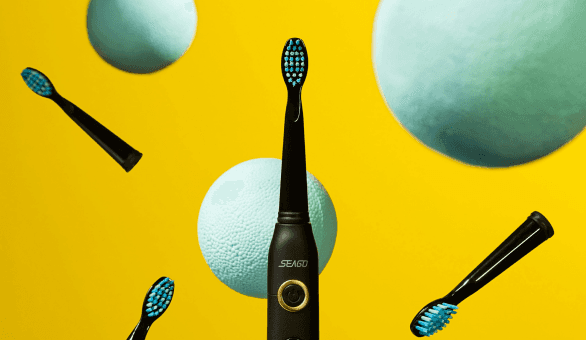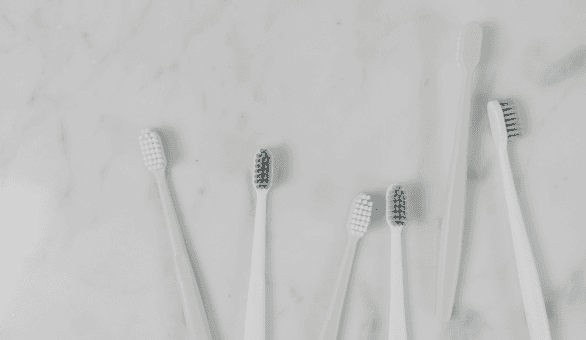The Connection Between Stress and Oral Health: How Anxiety Impacts Your Smile
Stress affects every part of your body, including your mouth. If left unchecked, chronic stress and anxiety can lead to several oral health issues.

Here are some ways stress can impact your teeth and gums:
1. Teeth Grinding (Bruxism)
One of the most common oral health problems associated with stress is bruxism, or teeth grinding. Many people grind their teeth at night without realizing it, leading to:
Worn-Down Enamel: Chronic grinding wears away your enamel, making your teeth more susceptible to decay and sensitivity.
Jaw Pain: Grinding can cause tension in the jaw muscles, leading to discomfort or even temporomandibular joint (TMJ) disorders.
Cracked Teeth: Over time, grinding can lead to cracks or fractures in your teeth.
2. Gum Disease
High stress levels can weaken your immune system, making it harder for your body to fight off infections, including gum disease. When your immune system is compromised, bacteria in your mouth can lead to gum inflammation, gingivitis, and periodontitis.
3. Dry Mouth
Anxiety and stress can reduce the production of saliva, leading to dry mouth (xerostomia). Saliva plays a crucial role in maintaining oral health by washing away food particles and neutralizing acids. Without enough saliva, you’re more likely to experience:
Increased Risk of Cavities: A dry mouth environment promotes the growth of harmful bacteria that can lead to cavities.
Bad Breath: The lack of saliva allows bacteria to thrive, leading to persistent bad breath.
4. Canker Sores
Stress and anxiety are also linked to the development of canker sores. These small, painful ulcers often appear during times of emotional strain and can make eating and talking uncomfortable.
5. Poor Oral Hygiene Habits
During periods of high stress, many people neglect their oral hygiene routines. Skipping brushing and flossing can quickly lead to plaque buildup, cavities, and gum disease. Additionally, unhealthy coping mechanisms like smoking or consuming sugary snacks can worsen oral health.
How to Protect Your Oral Health from Stress:
Practice Stress Management: Techniques such as meditation, exercise, and deep breathing can help reduce anxiety and its impact on your oral health.
Wear a Nightguard: If you grind your teeth at night, talk to your dentist about getting a custom nightguard to protect your enamel.
Stay Hydrated: Drink plenty of water to keep your mouth moist and reduce the risk of dry mouth.
Maintain Good Oral Hygiene: Even during stressful times, make sure to brush and floss regularly to prevent plaque buildup.
Conclusion:
Managing stress is essential not only for your mental well-being but also for your oral health. By being mindful of how stress affects your teeth and gums, you can take steps to protect your smile from damage.






